For 200 years the trend has been going in one direction only – into the cities.
While in 1800 just five percent of people in what is now Germany lived in cities, by 2019 that proportion had jumped to 77 percent.
The reasons are pretty obvious. The jobs were in the city, while industrialisation of farming made manual labour in the countryside less necessary.
But the coronavirus pandemic has changed the equation. Suddenly employers have been forced to make use of technologies and infrastructure that have already been there for a while, but which they were reluctant to adopt.
Good Wifi connections and video conferencing have allowed workers to move into home office in an almost seamless fashion.
READ ALSO: What you need to know about Germany’s new working from home rules
With home office now proven to function for businesses, more people could be tempted to live away from the major cities all of which have been dealing with housing crises and soaring rents for at least a decade.
A survey the Local reported on in February showed that almost 30 percent of young professionals would consider moving to the countryside if they could stay in home office once the pandemic is over.
Stagnating cities
The statistics for 2020 show that at least for the pandemic year, the surge in the population sizes of major German cities was put on hold.
Berlin recorded a drop in its population for the first time since 2003 in the first half of 2020, although growth in the second half of the year meant that the population grew by about 400 people.
Some of this stagnation was caused by foreigners escaping back to their homelands. Some 1,700 Americans along returned to the USA.
But 11,000 Germans also left the capital last year.
SEE ALSO: ‘Life here is worth living’ – meet Germany’s countryside influencers
The population of Hamburg, which has been growing by between 10,000 and 20,000 a year for the past decade, also flatlined throughout most of 2020 before bouncing back in the last two months of the year.
It was a similar story in Munich. After years in which more people moved to the city than left it, that trend was reversed last year.
“This is an unusual development for Munich,” city authorities commented. “If you look at the migration balance of the past 10 years, its always been a plus of 10,000 or more – even if this trend has flattened out a little in recent years.
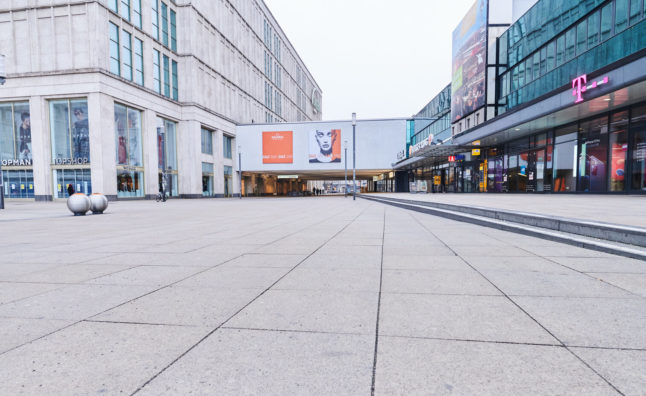
‘The process is accelerating’
Matthias Günther, an economist at the Eduard Pestel Institute in Hanover, is convinced that the pandemic and resultant move to home office have added fuel to a trend that had already slowly begun.
“Now it is accelerating,” he told the RedaktionsNetzwerk Deutschland. “There are various places that are suddenly seeing a demand that we didn’t have before.”
According to Günther, properties that have sat empty for decades are suddenly being sold.
“Many people can now imagine working three days a week from home and only travelling to the workplace on the other two days,” he says. That type of commute is overall less than a daily schlepp from an outlying district into the city centre.
Flight to the Speckgürtel
The observation that the inner cities are becoming less popular is one that estate agent Engel & Völkers has made too.
But their research on 2020 has led them to conclude that the real boom is actually taking place in suburban areas outside cities rather than in remote rural settings.
Engel & Völkers performed a market market analysis of 700 German councils that lie just outside the limits of the major cities, and compared prices in 2020 with those from 2015.
They found a huge price increase in what Germans call the Speckgürtel, (literally the fat belt), or what we call suburbia, where prices have soared by 58 percent on average.
“During the pandemic people increasingly want to move to the countryside, but at the same time they don’t want to miss the advantages of urban life and the security of first-class medical care,” said Kai Enders, a member of the board at Engel & Völkers.
“Small towns around metropolitan areas are proving to be up-and-coming residential and investment locations.”
Good internet connections decisive

Most experts agree that one of the most decisive factors for making a rural district attractive to young people is the modernity of its digital infrastructure.
Broadband is far from a given in many rural parts of Germany. Although the federal government has for years offered a huge pot of money for local councils to invest in broadband, not all have been far-sighted enough to make use of the offer.
“Places that can’t offer broadband are basically out of the question as a place to live,” economist Matthias Günther told broadcaster NDR. “What do I get from the new freedom of home office if I can’t use it in my new place of residence?”
READ MORE: Germany’s (dis)connectivity: Can the broadband Internet gap be bridged?
‘No sign of flight from the city’
Not all experts agree though that the pandemic has caused Germans to fall in love with bucolic bliss en masse.
A study by the Leibniz Institute for Economics published last week looked at the real estate market and came to the conclusion that there was no evidence that Germans were fleeing the cities.
“For years, house price increases have been driven primarily by metropolitan regions,” the report stated. “The pandemic has not changed this: the price development in the seven largest cities showed a positive trend almost throughout 2020.”
The only exception was Berlin, where house prices in the regions of Brandenburg surrounding the capital did rise even more sharply than in Berlin itself.
This difference was sometimes quite dramatic. In the district of Oberhavel to the north of the capital, prices shot up by an eye-watering 43 percent last year.
But the boffins at the Leibniz Institute caution that “it isn’t clear whether this is due to the pandemic.”
Berlin’s “overheated housing market” and the left-wing city government’s rent cap law are possible explanations for the sudden desirability of homes outside the city limits.
READ MORE: Berlin’s rental cap has ‘more than halved the size of market’

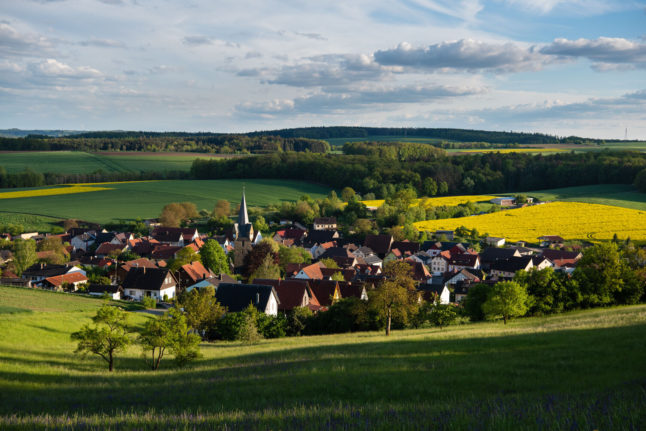
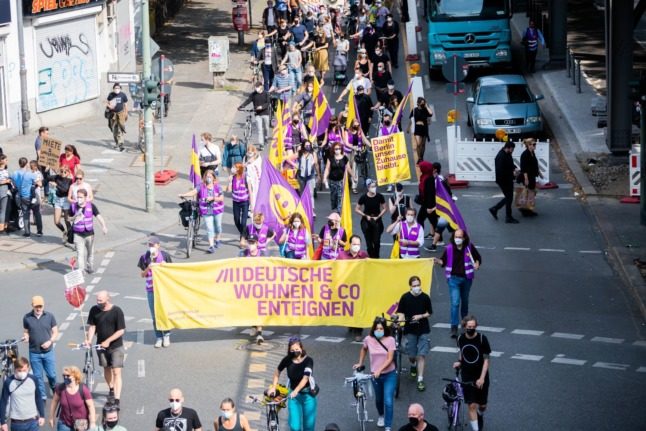

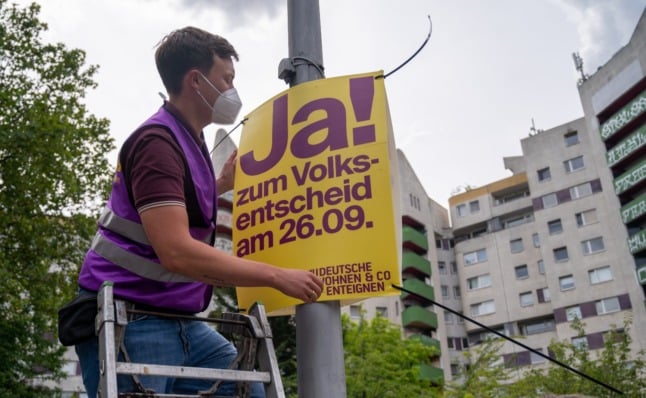
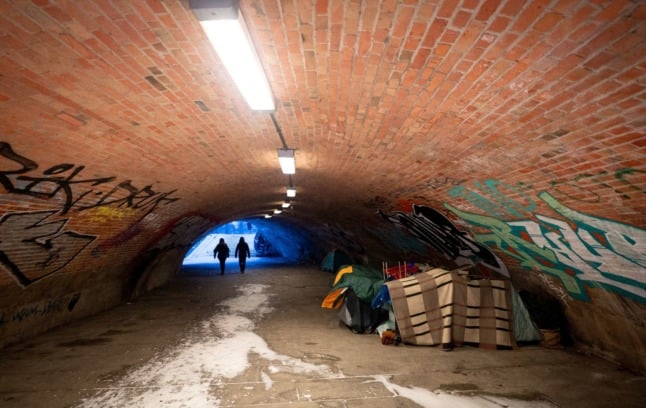
 Please whitelist us to continue reading.
Please whitelist us to continue reading.
Member comments